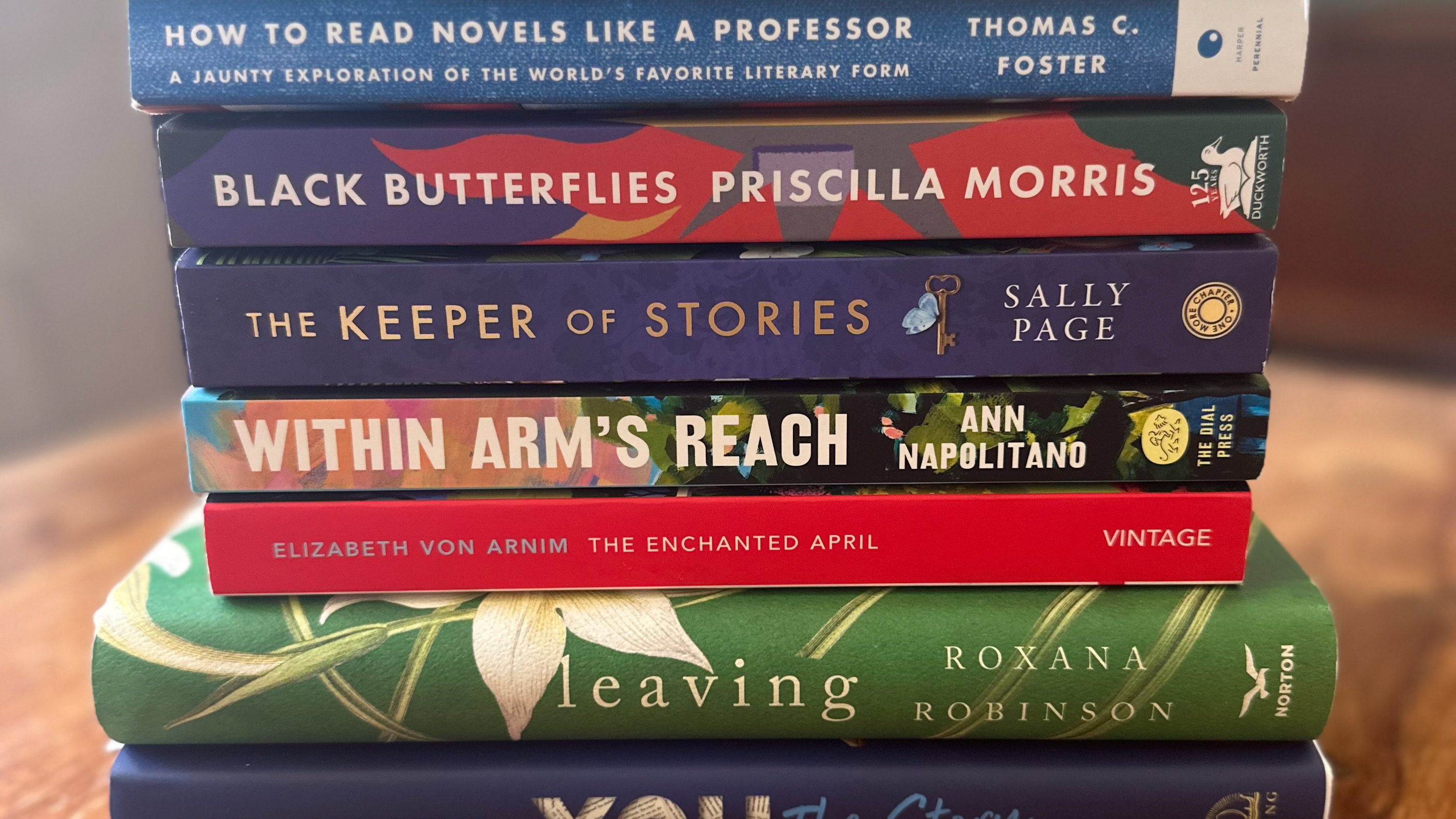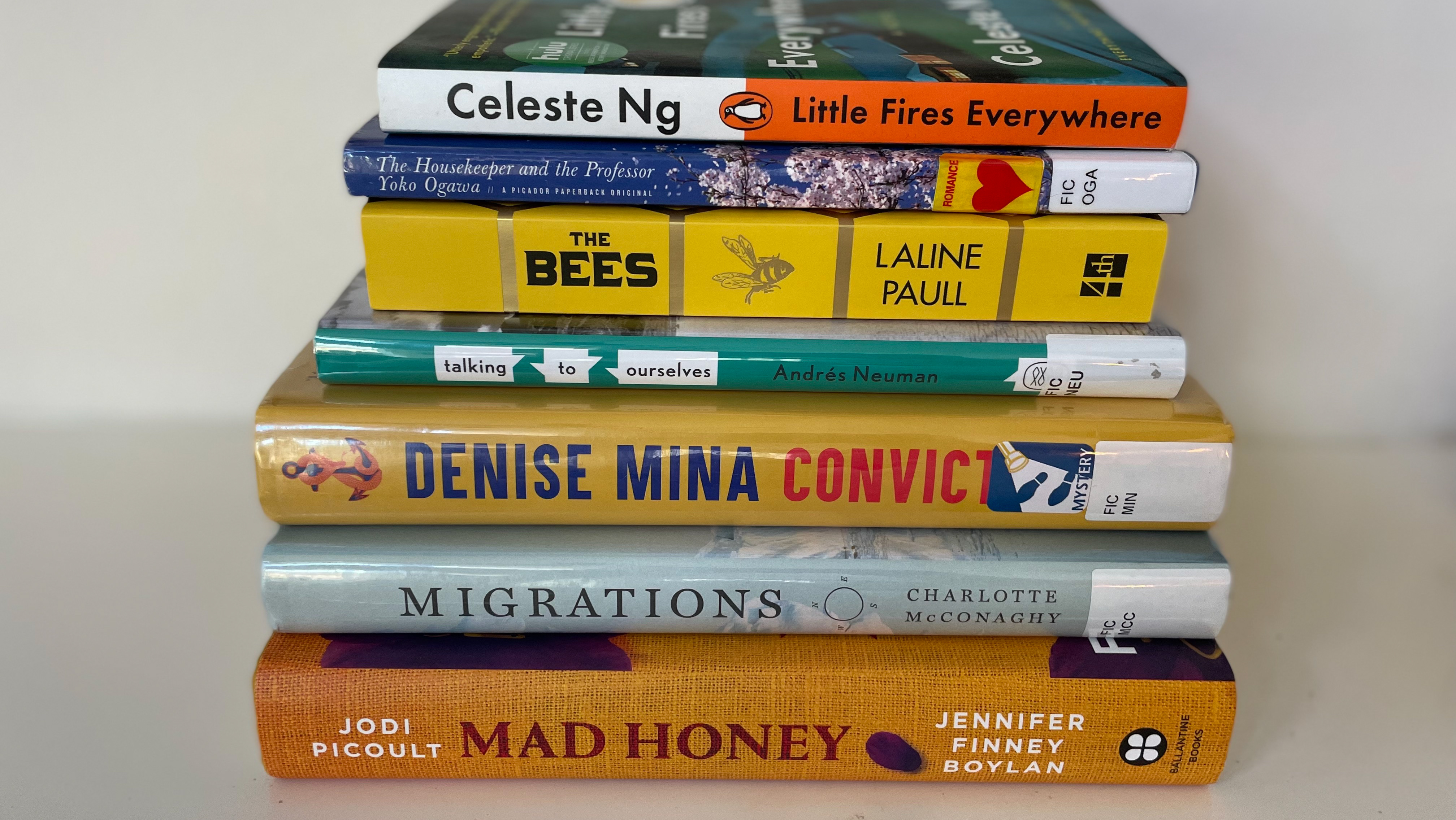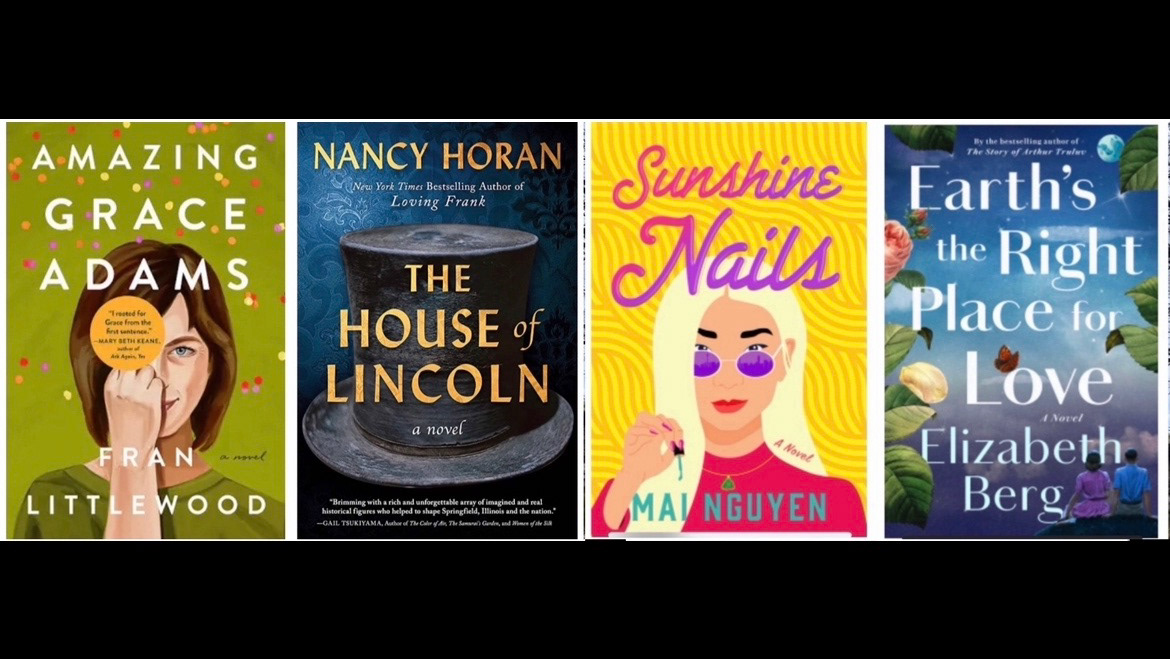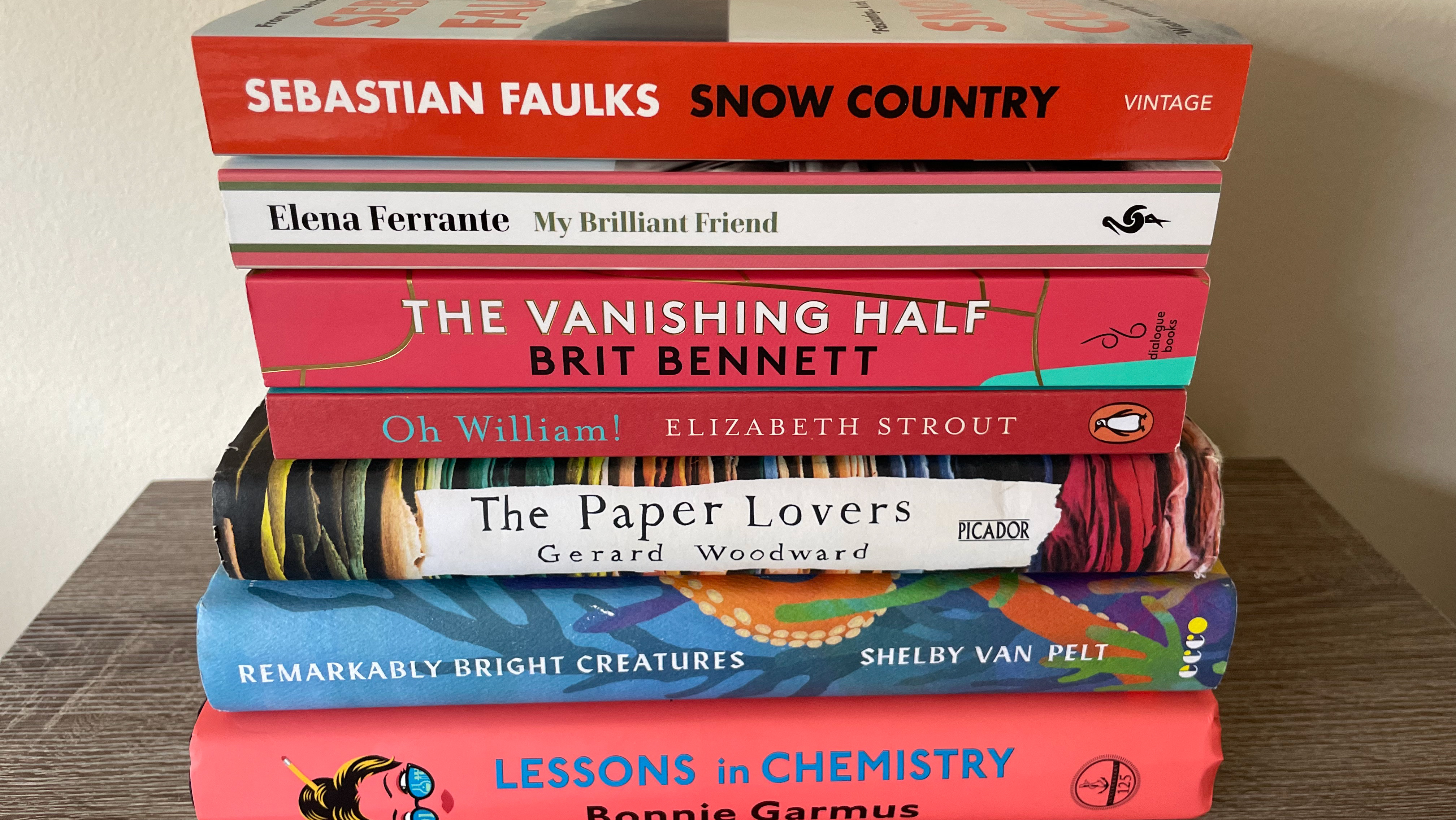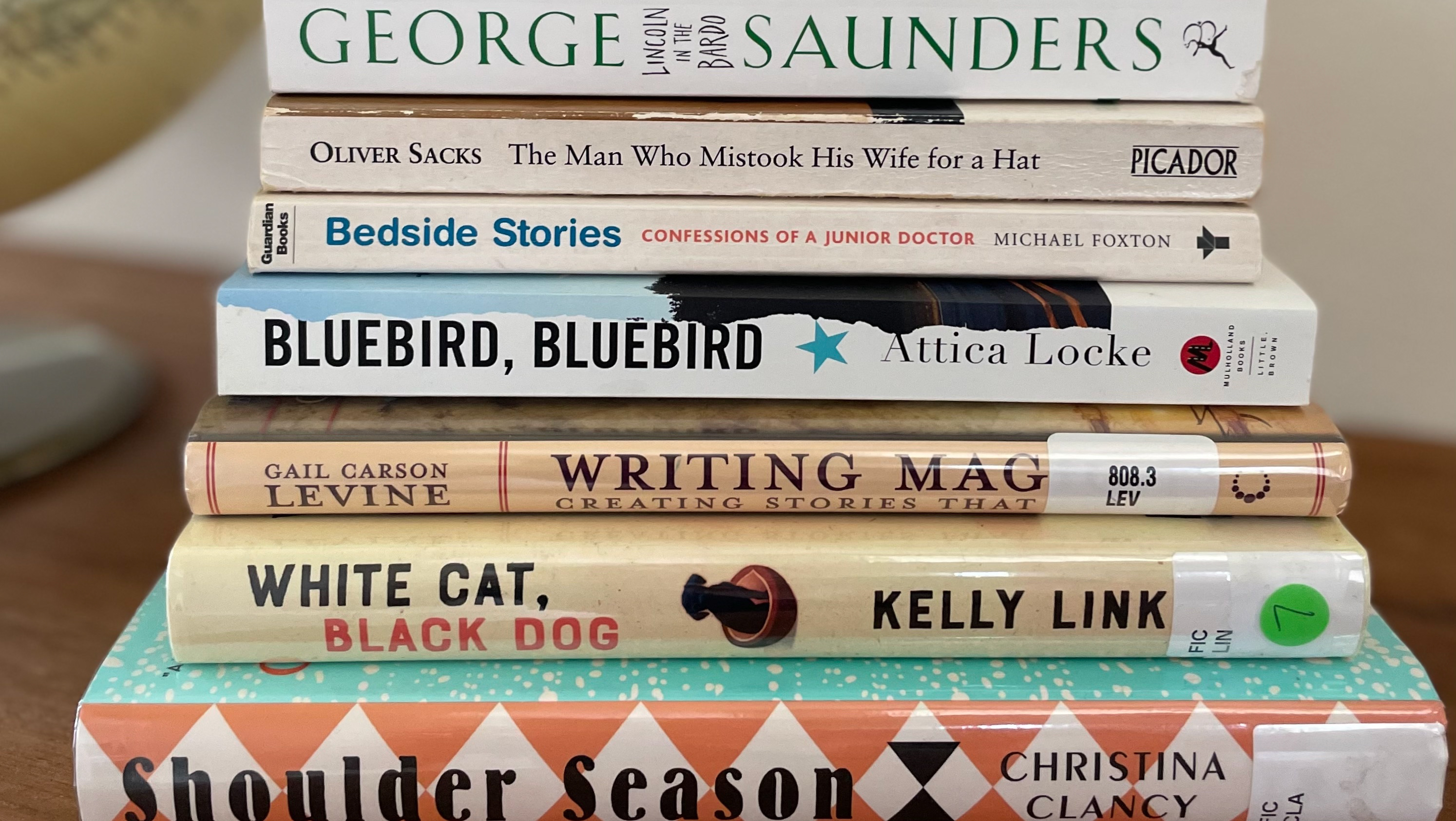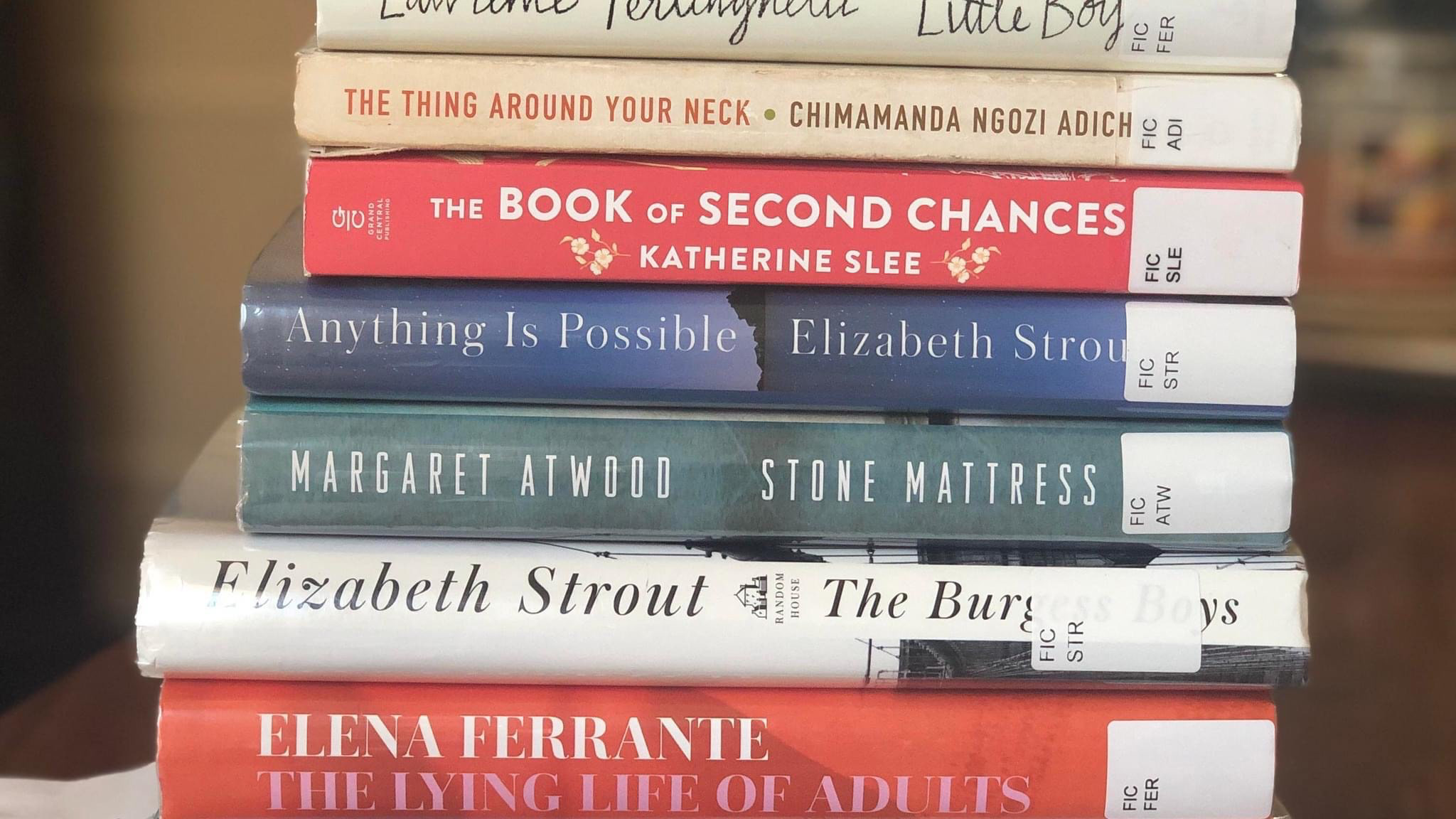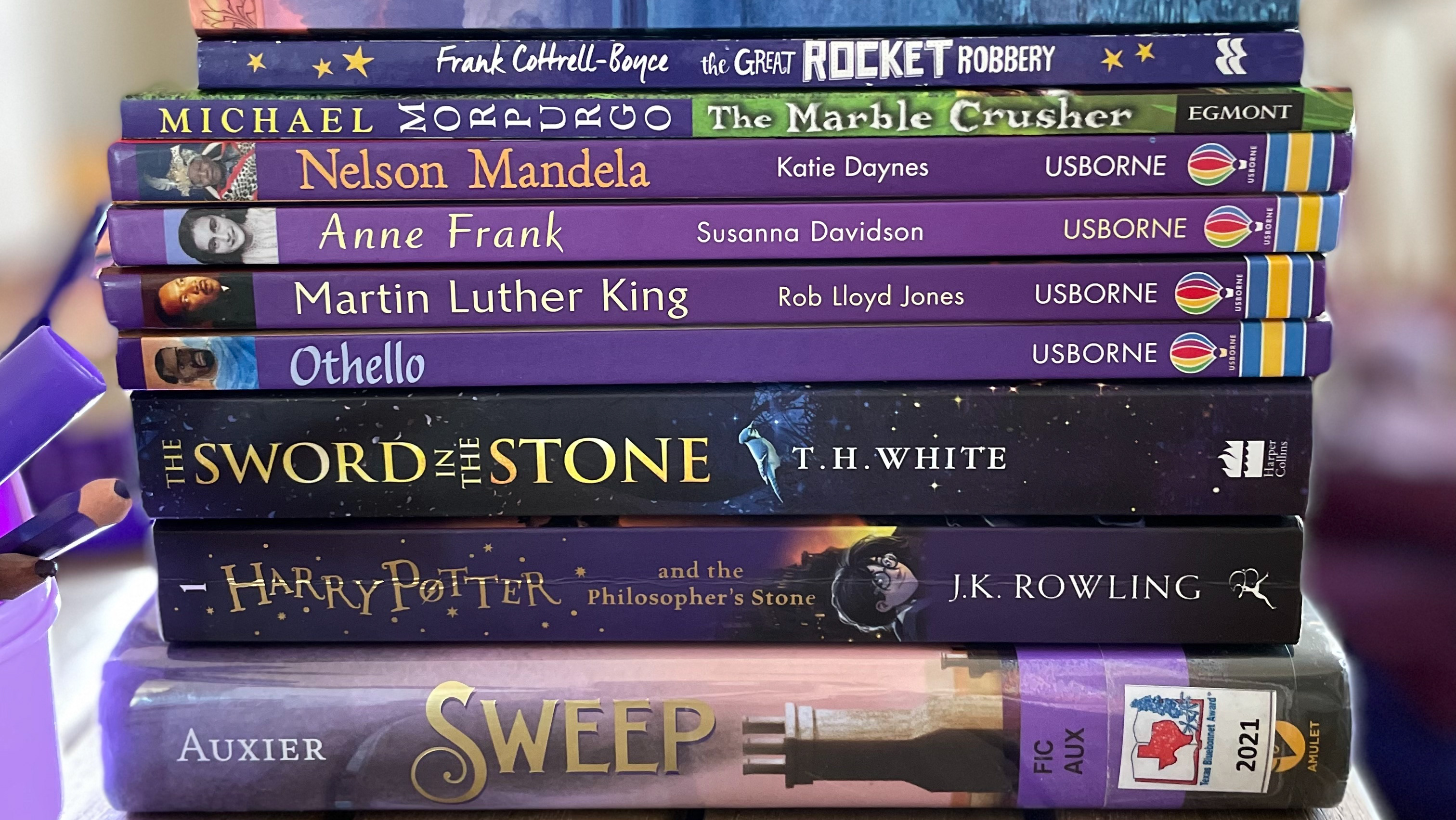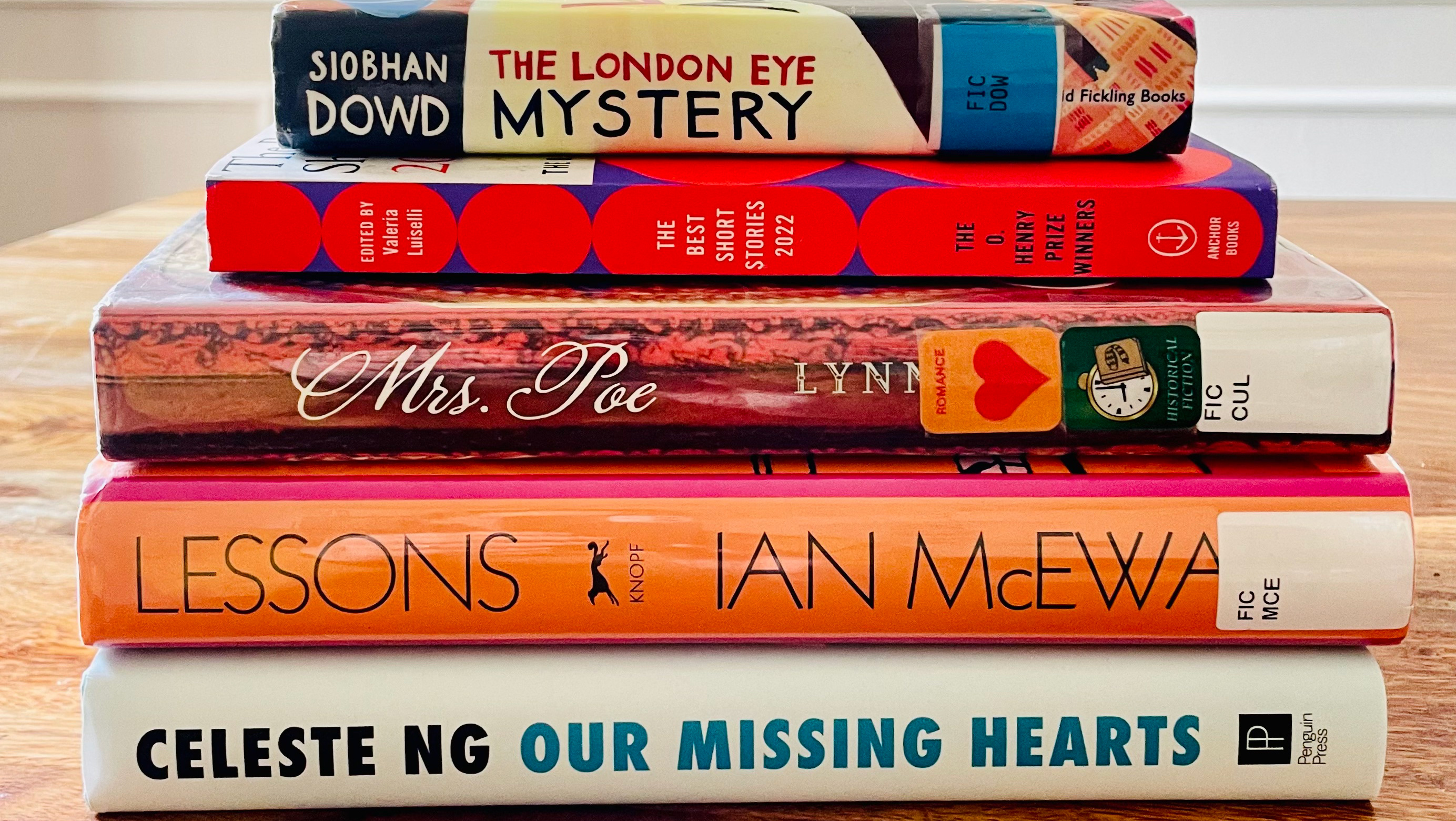Babel by R.F. Kuang
Small Wonder: Essays by Barbara Kingsolver
Passing by Nella Larsen
A powerful tale about the relationship between two women who are held together by their racial heritage though pulled apart by the attitudes of the identities with which each has chosen to affiliate. This is a novel about the 'fluidity of racial identity that continues to resonate today.' It's a tragic tale.
Clare Kendry is a central character who is living on the edge. She is light-skinned, elegant, and ambitious, married to a racist white man, who is unaware of her African American heritage. She has chosen to "pass" as a white woman and thus must fulfil a secret life away from her husband. She meets with Irene, who is the protagonist and whose point of view is the one we follow as she is reacquainted with Clare. They had not met since childhood but in a swift story, we learn that now Irene is frustrated to have to accommodate Clare in her racial masquerade, yet Clare is now impinging on Irene's place in the world and her claim to their true racial heritage. Irene becomes obsessed in a tragic way with Clare's decision to gather with the Black community in Harlem. Irene feels that Clare has abandoned their race yet she seems to have it all, even though her life is risky as she attends gatherings with Irene and her husband.
I read this book as it was noted as having been an inspiration for Brit Bennett's novel The Vanishing Half, which I found to be incredibly poignant and tragic in itself. This novel is a quick read and some beautifully constructed observational comments run throughout the narrative. I particularly liked the strong structure in which the novel is divided into three parts labelled as : Encounter, Re-Encounter and Finale. Larsen appears to have played with elements of the mystery genre in the final section of the novel and it allows the text to end with a tragic sadness.
review by Christina Francis-Gilbert
Fields of Vision: The Photographs of Marion Post Wolcott: Introduction by Francine Prose
“I was given freedom to -well, document America.”
Marion Post Wolcott
These “beautiful and inspiring pictures, and the spirit that gave rise to them, are part of our history…. represent[ing] America at its best.”
Francine Prose introduces pictures from photographer Marion Post Wolcott which form part of a photograph collection I visited in Washington, D.C. at the The Library of Congress. They “offer[ing] a detailed portrait of life in the United States from the years of the Great Depression through World War II.”
At The Library of Congress, there is an Information Collection from The Farm Administration Office of War (FSA-OWI). It documents every region of the States, all classes of people, and “focuses on the rhythms of daily life, from plowing fields to saying prayers… [allowing] viewers to connect personally with the 1930s and 1940s.”
W.Ralph Eubanks
Photographs full of stories. Contextual, social and historical details are strong in every captured image and I’ve loved exploring perspectives and insights into life here in the US in the ‘30s and ‘40s.
#photographsforinspiration #libraryofcongress #photographcollections #marionpostwalcott #francineprose #washingtondc #wralpheubanks #farmsecurityadministration #fsa #writinginspiration #readingforwriting #books #fieldsofvision #bookcommunity #readabitofeverything #storiesinpictures #1930samerica #1940samerica
review by Christina
Francis-Gilbert
Francis-Gilbert
The Memory of Animals by Claire Fuller
This is one of those novels that has hidden layers of meaning that will unsettle and intrigue you as you finish. Set during an unidentified time in London, overtaken by a fierce pandemic, the story echoes our recent experience of Covid-19. There is a familiar lexis used throughout the narrative which can't help but be reminiscent of our recent 2019 pandemic. It made me feel almost possessive of my own 'pandemic' experience, as we know many people around the world have been in relation to what it's really like to endure illness, isolation, entrapment, companionship, survival and grief during a pandemic.
Emotional trauma and uncertainty prevail for the protagonist Neffy who has signed up for the vaccine trial. Vocabulary such as: sanitation, testing negative, isolation, variants, rations etc are used to establish context. The novel opens with Neffy arriving at the medical centre, having signed up to be part of the Dropsy virus private vaccine trial.
However, there's also a strong dystopian atmosphere and I was reminded of Doris Lessing's novel Memoirs of a Survivor. The scenes described from Neffy's perspective as she looks outside the abandoned hospital window have a haunting desperation just like the horrific scenes observed by the woman in Lessing's apocalyptic novel.
In Claire Fuller's story 'Revisiting' is a new technological concept introduced part way through by fellow test subject Leon who convinces Neffy to take part. Neffy returns to nostalgic memories of her past but becomes obsessed by the treatment, which is weird for the reader. In this way readers are able to see events from her past that have led to her current decisions of a sort of self-sacrifice. In fact this revisiting of her memories forms a clever theme of how the past becomes addictive when in traumatic current times.
I'm still not quite sure about the ending! I think it may be too clever for me and I need to think about it further to work it out. A weird and wonderful novel and one with lots to prompt debate!
review by Christina Francis-Gilbert
Thirst for Salt by Madeleine Lucas
A title that is full of intrigue and hints at the spectacular metaphorical imagery used by Madeleine Lucas throughout this literary novel. This was a book recommended by a good friend @lidijahilje who knows a thing or two about literary fiction and she loved this book so much she shared it with her Writers' Book Club and we have recently read and discussed it at great length!
Perhaps because I saw the young twenty-four female narrator as flawed and naive in her thinking, I did find it difficult to really sympathise with her. We are introduced to her present situation as a single woman in her 30s, seemingly desperate for a child though suffering infertility problems. Her relationship with her mother is strong, in spite of the narrator's adamance to the reader that it is not and some of the first words we hear from the anonymous narrator's mother is that she is "hung up on the past ' and deplores her 'why carry all of that around with you?'. Ultimately the past of this vulnerable emotionally needy young girl is given to us retrospectively with a sadness that matches the salty metaphors and seaside descriptions of an isolated Australian coastal town. We are drawn into her reflections of herself as a young child, her relationships with her separated parents, especially her missing father, but also with Jude. Jude is 42 in contrast to her 24, he's her holiday obsession who destabilises her. She becomes desperate to hold onto this man, who cannot give her the emotional stability she yearns for.
The literary nature of this novel means that it is a beautifully composed and written story that will remain with the reader and will continue to pull at heartstrings long after it is put it down. That said, I found many utterances of this character to be frustratingly naive and unknowing. She contradicts herself in places and though it appears that the character Jude with whom she is obsessed is emotionally unavailable and belittling towards her, she can also be read as bringing it on herself, as prompting and pushing to be treated like a child.
'I hated when he treated me like a child, and I hated it more when I acted like one.'
Unreliable narrator? Yes, probably.
In contrast, I liked the character of Jude and their dog King even more. In fact the dog is a key character for me.I love his personality and the way both Jude and the narrator use him as their glue, a pivot and dependent who connects them, not a child, but one that they both love and who belongs to them.
In effect this novel traces the breakdown of a relationship, one that is composed of glimpses of love and erotic attraction, but that ultimately is not an enduring love of permanence.
review by Christina Francis-Gilbert

